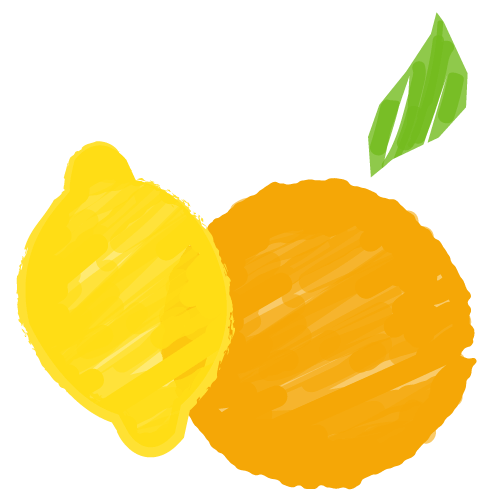By Joel Gebet
Gatineau, QB – It is said that you are what you eat, but according to Richard Beliveau, everyone knows this except for North Americans.
Dr. Beliveau, director of the molecular medicine laboratory at the Charles Bruneau Cancer Center at the Ste. Justine Hospital in Montreal, spoke at a seminar, here, at the Quebec Produce Marketing Association’s 59th annual convention titled “The Foods That Fight Cancer,” which is also the title of a book that he has co-authored on the same subject.
Dr. Beliveau told the audience about the astounding risks of cancer. “The real plague is cancer,” he said, “Europe, North America and Australia are the world champions with four times the cancer rate than those in Africa, India and Southeast Asia. Ten million people in North America have cancer and there is a death every five seconds. It would be like four 747s crashing a day.
He said that people carry “microtumors” and that their lifestyles cause these tumors to regress or to evolve to a clinical stage.
“We are the only species to eat so badly,” he said. “Industrialization has destroyed 15 million years of evolution.”
Dr. Beliveau said that plants have approximately 8,000 molecules that have an effect on human health, such as the fungicides and insecticides that they create to ensure their own survival.
It is these molecules, known as phytochemicals, that Dr. Beliveau and his team of 35 researchers are trying to identify and utilize using “nutratherapy” to prevent microtumors from developing and attacking them when they are most vulnerable.
“A single portion of fruits and vegetables can contain anywhere from 10 to 100 phytochemicals, which have no side effects, only good effects,” he said. “In contrast, 98 percent of the molecules we create in the lab have side effects. When you consume fruits and vegetables, you are giving yourself a daily dose of chemotherapy,” he said.
Dr. Beliveau’s team of researchers has launched a “mega project” to study all fruits and vegetables that have anti-cancer properties, and the results so far have been astonishing. Among its early findings in the laboratory are a 90 percent inhibition of breast cancer by mushroom extracts, a nearly 100 percent inhibition of prostate cancer by raspberries and a nearly 100 percent inhibition of stomach cancer, for which there is no treatment, from the extract of a potato peel.
“We need to look at the major gastronomical traditions,” he said. “Fruits and vegetables have been associated with penance. We need to reintegrate them now with taste. Our message is quite simple: We are telling people to change their eating habits and discover fruits and vegetables. Eat them and eat a lot of them.”
